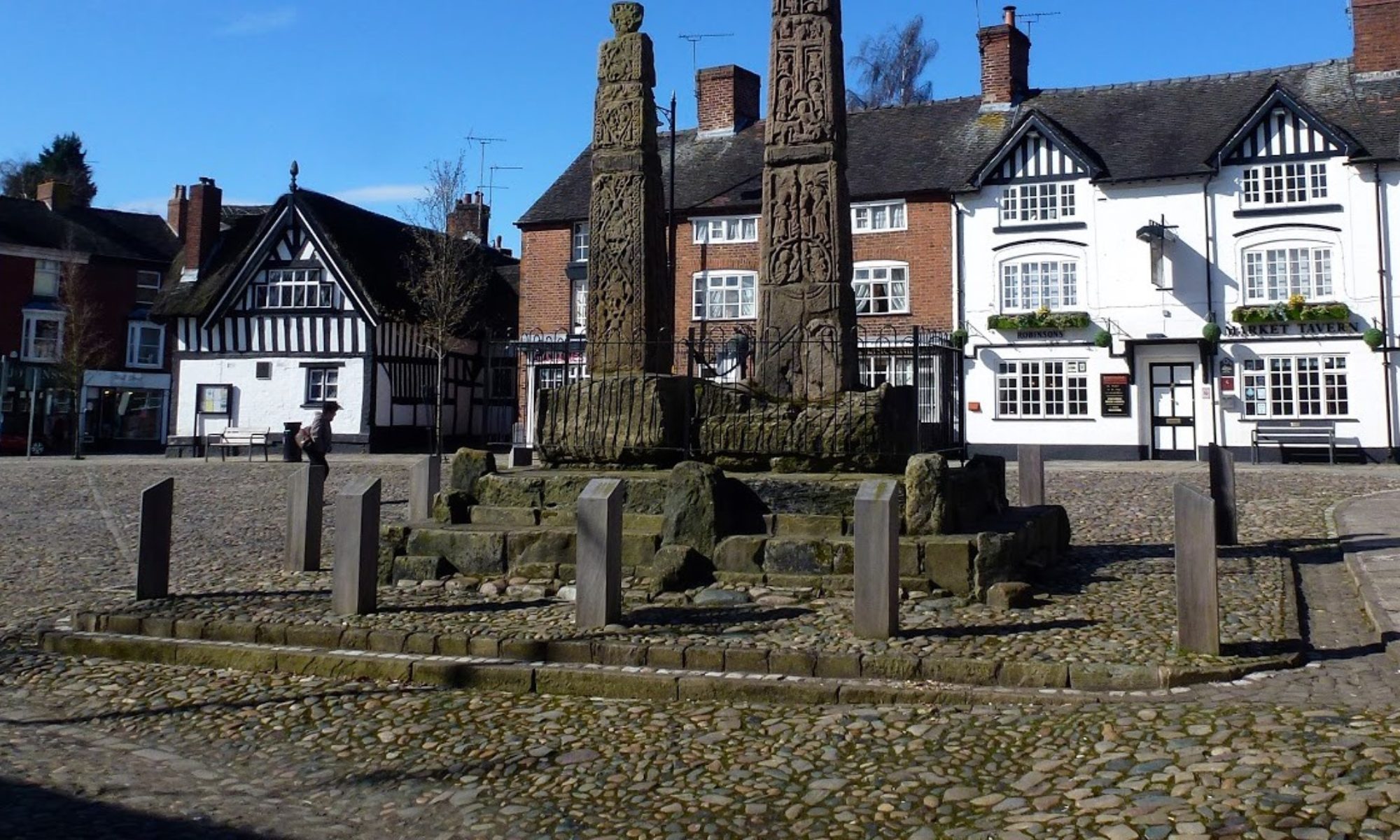I circulated to members of Sandbach U3A the request from Keele University for volunteers to participate in a project to test memory and I also volunteered myself. I spent the afternoon at Keele on 14th September and before the memory fades, I shall write down what happened. The trickiest part was finding the car parking place especially set aside for me. I should have printed off the map instead of trying to remember it and I failed to commit it accurately to memory. Be warned!
The researcher, Jamie, met me and started the computer test, which comprised 4 stages:
- The computer displayed a list of words one at a time and I had to say if it contained a specific letter or not.
- The computer displayed a list of words one at a time and I had to say if it was “pleasant”. This makes you think more deeply than if you just check the letters. It is possible the test may use a randomly chosen adjective instead of always using “pleasant”.
- The computer displayed a list of words one at a time. Some of them were from the above lists I had just seen and others were new. I had to say if the word was old or new and, if it was old, how I remembered it. The choices were Recollection, Familiarity or Guessing and I was given a definition beforehand of what these terms meant.
- I had to list some of the words I remembered by each of the methods Recollection, Familiarity or Guessing.
For some unexplained reason, I had to have a break at this point and Jamie gave me some money to buy a drink or a meal in the nearby cafeteria and spend half an hour consuming it.
The rest of the test was paper based and started with Jamie giving me three words to remember. After a few simple questions I had to repeat the words I had memorised. The questions included “What country are you in?”, “What day is it?”, “Which floor are we on?”. There were also some maths questions to stimulate the number processing part of my brain or confuse the issue.
Jamie read a couple of very short stories and I had to repeat as many facts as I could from the stories.
Jamie read a list of 10 word pairs and then asked me which word was paired with the ones he read out.
I had to read out about 50 unusual words and give definitions of another dozen.
Jamie read a series of incomplete sentences and I had to supply a suitable word to end them. Then he read a series of incomplete sentences and I had to supply a word that that would not sensibly end the sentence.
There were exercises with patterns. I had to lay out blocks to copy a given pattern and predict the next pattern in a series. The exercises become harder as you go through them and I was heartened to hear that some of those I couldn’t complete had never been completed in this project.
At the end of the exercise, Jamie gave me feedback on how I had completed the paper-based exercises but he did not give me a percentage mark. That is not what the test is for. While I enjoyed the experience immensely, some of the exercises gave my brain a serious workout. I struggled to understand how some of them revealed aspects of memory, but I am only a lab rat who came away with £20 in his pocket and coffee and cake in his stomach.
Kevin Dean

